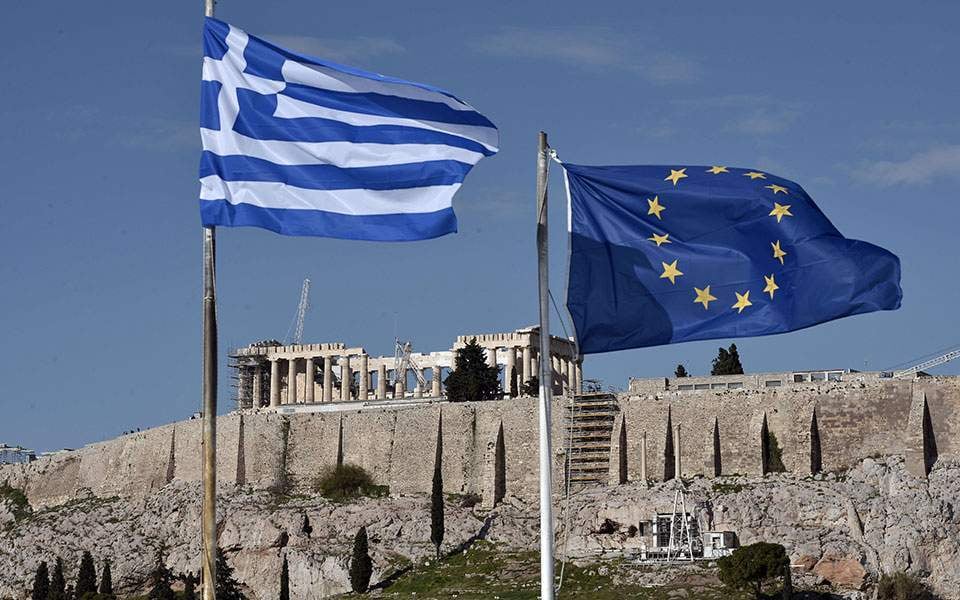
As previously announced, Greece will exit the state of enhanced surveillance on August 20, two years ahead of time and after the early repayment of its bailout loans to the IMF (International Monetary Fund).
Greek Finance Minister Christos Staikouras announced the news on Wednesday, adding that it brings Greece to a “new chapter” that will allow it more freedom to conduct economic policy and move closer to achieving “investment” status.
“August 20 marks the achievement of a major national goal for Greece, the end of the EU’s enhanced monitoring framework, thanks to the sacrifices of the Greek people, prudent economic policy and reform direction is consistently implemented by the government,” Staikouras said on his Twitter account.
Greece began to come under “enhanced surveillance” in 2018 following three bailout packages from 2010 to 2015 by the EU and IMF worth more than 260 billion euros.
Since then, the country’s economic policy and reform progress has been overseen by the European Commission.

“After 12 years… a difficult chapter for our country is coming to an end,” Mr. Staikouras said, adding that Greece is back to European normalcy and will no longer be an exception in the European Union.
EU Commission Vice President Valdis Dombrovskis and Economic Commissioner Paolo Gentiloni confirmed in a letter to Staikouras that Athens has delivered on its commitments and committed policy reforms.
From August 21, Greece will be assessed every six months until it repays 75% of its loans.
Since exiting bailouts in 2018, Greece has relied solely on the market for its financial needs.
In interviews with Greek media, Staikouras said this week that he hopes revenue from summer tourism will boost the state coffers. He added that tourism revenue has recovered 88% of 2019 levels and is expected to exceed 2019 levels.
VNIS INVESTMENT
Source: GTP Headlines


